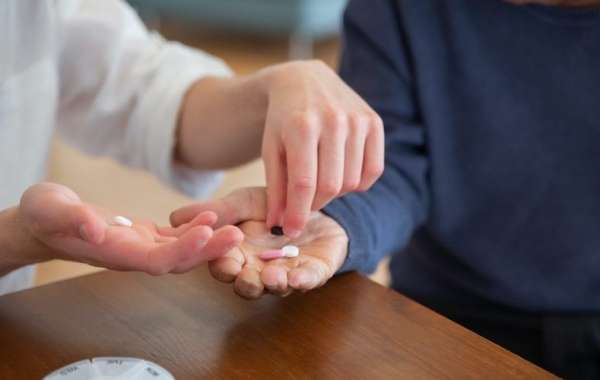Medication-assisted addiction treatment is the use of FDA-approved medications in combination with counseling or behavioral therapy to help people struggling with substance abuse recover. Medications like methadone, buprenorphine, and naltrexone help to curb cravings, reduce withdrawal symptoms and normalize brain chemistry. Combined with therapy, MAT has proven to be more effective than either treatment alone.
Medication is a big part of SMART Recovery’s approach to recovery from alcohol and drug dependence. While it may seem controversial to some that a scientifically informed approach includes the use of medication, the fact is that MAT is an evidence-based practice and has been proven to be safe and effective in helping many people find long-term recovery.
Medications used in MAT include opioid agonists (methadone and buprenorphine), and opioid antagonists (naltrexone and vivitrol). SMART’s stance on MAT is that it should be prescribed by physicians and delivered through a certified treatment facility or clinic. Buprenorphine acts as a partial agonist at the opioid receptors in your brain, which means that it can reduce your opioid withdrawal symptoms but doesn’t produce any of the euphoric “high” you would experience with other opioid drugs. It is available as a tablet or film that you place under your tongue, and can be taken daily for up to six months. Naltrexone is given as an injection, usually once per month in our clinic. It works by blocking the receptors that the opioids attach to in your brain.
In addition to reducing cravings and withdrawal symptoms, the use of medication in MAT can also reduce risky behaviors associated with addiction. For example, the use of naltrexone can help prevent the infection that is caused by injecting illicit opioids with dirty needles, while buprenorphine helps reduce instances of HIV and Hepatitis C transmission by preventing people from abusing prescription opioids.
If you are a current or former inmate struggling with addiction to opioids, alcohol, or other substances, you may be eligible for MAT within the Pennsylvania Department of Corrections. Currently, the DOC offers MAT through the use of buprenorphine, Suboxone, and oral naltrexone to current inmates with opioid use disorder as well as select new intakes with short minimums who will be admitted to one of our Opioid Use Disorder Therapeutic Communities.
Despite the evidence supporting the effectiveness of MAT, many people are still reluctant to seek it out. This is often due to misinformation about MAT’s true purpose and how it differs from other forms of therapy. Some even believe that it’s just substituting one addiction for another. This is unfortunate, as MAT can help those struggling with substance abuse to find long-term recovery and live better, healthier lives.








